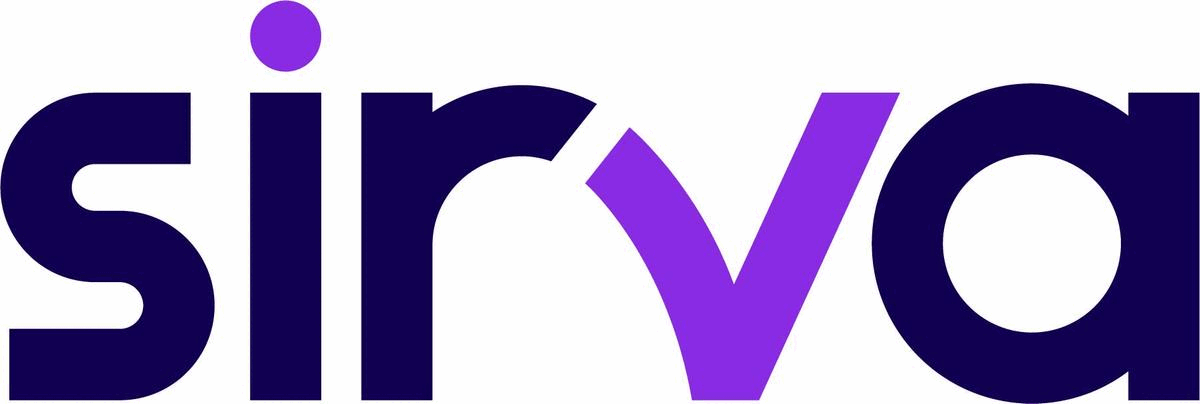
Customs Information
Namibia - All
DOCUMENTS REQUIRED
- Original Bill of Lading
- Inventory
- Passport
- Permanent residents permit
CUSTOMS REGULATIONS
- Used household effects are duty free if the client has had them in his possession for more than 12 months. Shipments are not always stopped for customs examination.
- Client must present himself/herself to customs with all documentation.
This function can be handled on behalf of the client provided the clearing agent is in possession of the client’s original passport.
VEHICLES
- VAT is always payable. If stopped for customs examination, the client must be in possession of a permanent resident’s permit if he/she is a new immigrant. Do not ship the auto until the client is in possession of an import permit.
- The client must complete all documentation and present it to the customs department together with his/her passport so that customs can attest the CA304a. Customs will only release the vehicle once it is satisfied that everything is in order, and the engine number agrees with that stated on the bill of entry. Once the bill of entry has been endorsed by customs, this document must be presented to the motor license department who will issue the license.
- Required documents:
- Import permit
- Passport
- Original Bill of Lading
- Registration papers
- Invoice
FIREARMS
- Are always subject to a customs examination. Firearms will be held by the customs official and kept until the client is in possession of the stamped SAP 311. Required documentation must be presented to his/her local police station who in turn will issue a SAP 312. The police authority will apply for a license on behalf of the importer.
- The firearm will be held at the customs state warehouse. The SAP 311 must be obtained by client’s local police station in South Africa immediately upon his/her arrival in this country.
ALCOHOL
- Alcohol is always subject to customs examination. One bottle each of wine and spirit is extracted from the consignment for testing by the Department of Agriculture to ascertain the percentage of alcohol. Duties are payable based on that percentage.
- The liquor will be kept in bond until notification has been received from the department of agriculture to release.
PETS
- The veterinary certificate from the country of origin must be presented to customs four (4) working days prior to the animal’s arrival in South Africa. Stamped by state veterinary department.
- Quarantine is not always necessary. It depends upon the state veterinary surgeon. Once the animal has been examined and the surgeon is satisfied with the condition of the animal it will be released.
PLANTS
- Plants and vegetable products require a phytosanitary certificate required from the Department of Agriculture. .
PROHIBITED ITEMS
- Pornographic books and magazines
- Walkie-talkies
- Radios
- Certain feathers, furs, skins and tusks of animals under protected species regulations
- Narcotics and drugs